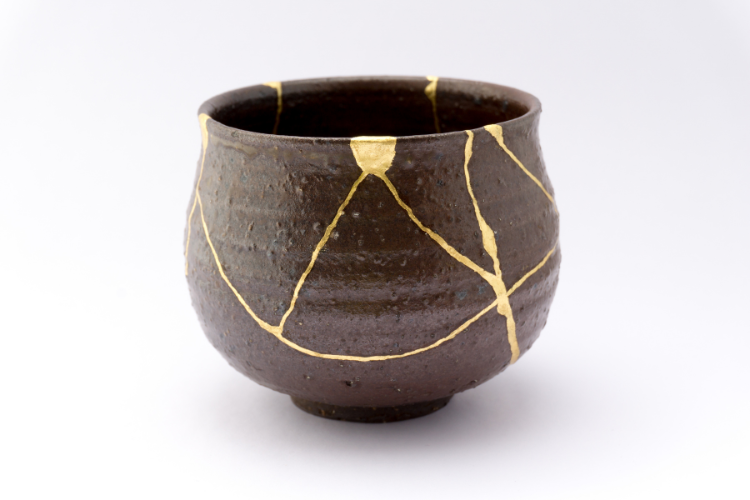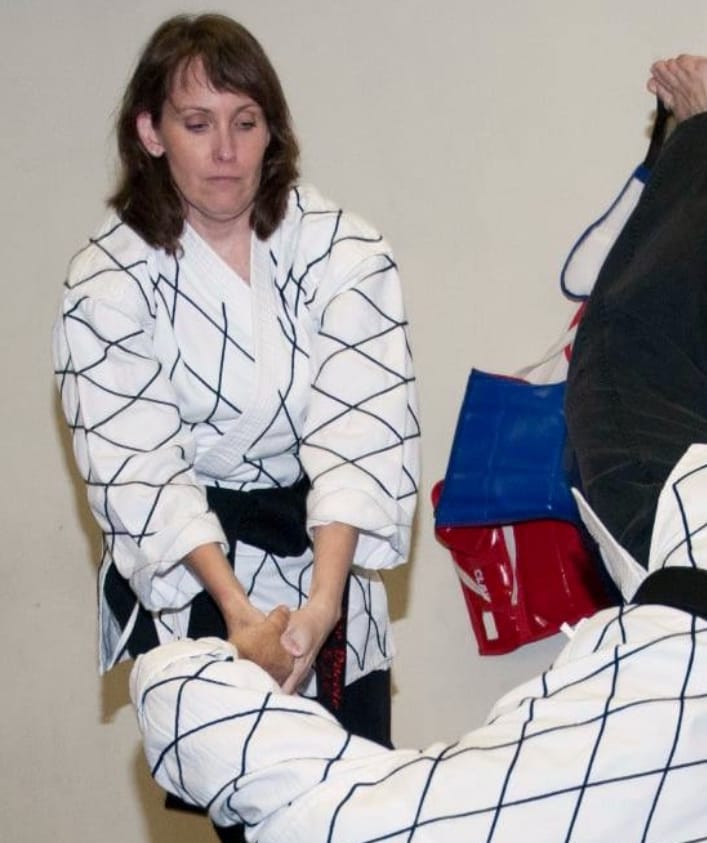By Kristine Ducote, Moodfuel
Local expert uses kintsugi metaphor to illustrate resilience, encourages reaching out as an act of strength
Over time, our unresolved problems blend together like layers on a fired clay pot. Conflicts, loss, illness, finances, overwork and trauma compound until they show up externally as irritability, difficulty concentrating, forgetfulness or lack of communication. Internally, we may feel depressed, anxious and exhausted.
Without addressing these problems, we struggle to keep our lives together. Cracks appear in the glaze. We may self-medicate with substances, practice unhealthy behaviors or neglect ourselves generally. Eventually, with enough pressure and stress, we break.
Bessel Van der Kolk, Ph.D., renowned author of The Body Keeps the Score, said if we are too stressed too often, we can get stuck in a state of hyperactive alarm that seriously damages our bodies through the release of high amounts of stress hormones.
Suicide Prevention Month is the perfect time to consider the impact of unresolved problems and learn healthy ways to put ourselves back together.
The symbolism of kintsugi
I consider the Japanese art of "kintsugi" especially appropriate when I talk with my clients about healing from unresolved problems. It literally means "to join with gold." Artisans use softened gold to repair broken pottery, creating new, stronger, beautiful forms.
Kintsugi is very symbolic. A piece of pottery shatters. Will it be the same after it's put back together? No. As in life, our trials and traumas change us. Still, if we address unresolved problems and mend our broken selves, we will form new, resilient, beautiful lives.
Industrial designer Nikhil Baveja extends the symbolism. He said, kintsugi inspires us to embrace our flaws and accept them as a part of life. Life's difficulties can leave many scars, but our resilience and mental ability to heal lead to personal growth.
How can we repair our broken selves?
The question is, “How do we begin to repair what's broken in ourselves?” Reach out for support. I encourage you to view reaching out as a strength, an empowering action. We are not islands; we're meant to share experiences and support each other. Plus, asking for help is one of the best ways to practice self-care, and practicing good self care enables us to achieve physical and mental health.
With encouragement and guidance, we can learn to recognize situations, words or thoughts that activate us, also known as triggers. We can become aware of stress build-up before we reach a breaking point.
Allowing others to help us mend the cracks and put the pieces back together is a beautiful way to embrace our flaws. Why? Because the visibly repaired cracks represent our courage. Just like a kintsugi pot, we become whole in a new way and better able to face life's additional challenges.
What if we're afraid?
Many people don't ask for help because they're afraid of being judged weak or being shunned. Stigma, a negative belief about a person or idea, is a powerful barrier, but here's a different way to frame the idea of getting help: since our brains are the most complex organ in the body, doesn't it make sense to work with a licensed professional to improve it? Most people don't hesitate to seek care for diabetes or heart disease. Why not get care for your mind, too?
As adults, we owe it to our families, friends and coworkers to show up as our best selves. That means taking steps to heal. Modeling mental wellness is especially important for our children because they're always watching and listening. The more we discuss and value mental wellness, the healthier we become as individuals, families and communities. In turn, informed, healthy communities replace stigma with welcoming support.
I believe challenges are put in our path for a reason. We are meant to grow as human beings. Addressing unresolved problems and repairing the trauma from negative experiences by reaching out for support makes us stronger, more beautiful life forms.
Kristine Ducote is a Licensed Professional Counselor Candidate, who lives with depression, anxiety and bipolar illness on the Western Slope of Colorado. She owns Balance Point Counseling & Wellness, PLLC, in Grand Junction and offers counseling in person and via telehealth/video. Look for more of her writing on Balancing Act, her mental health blog.


